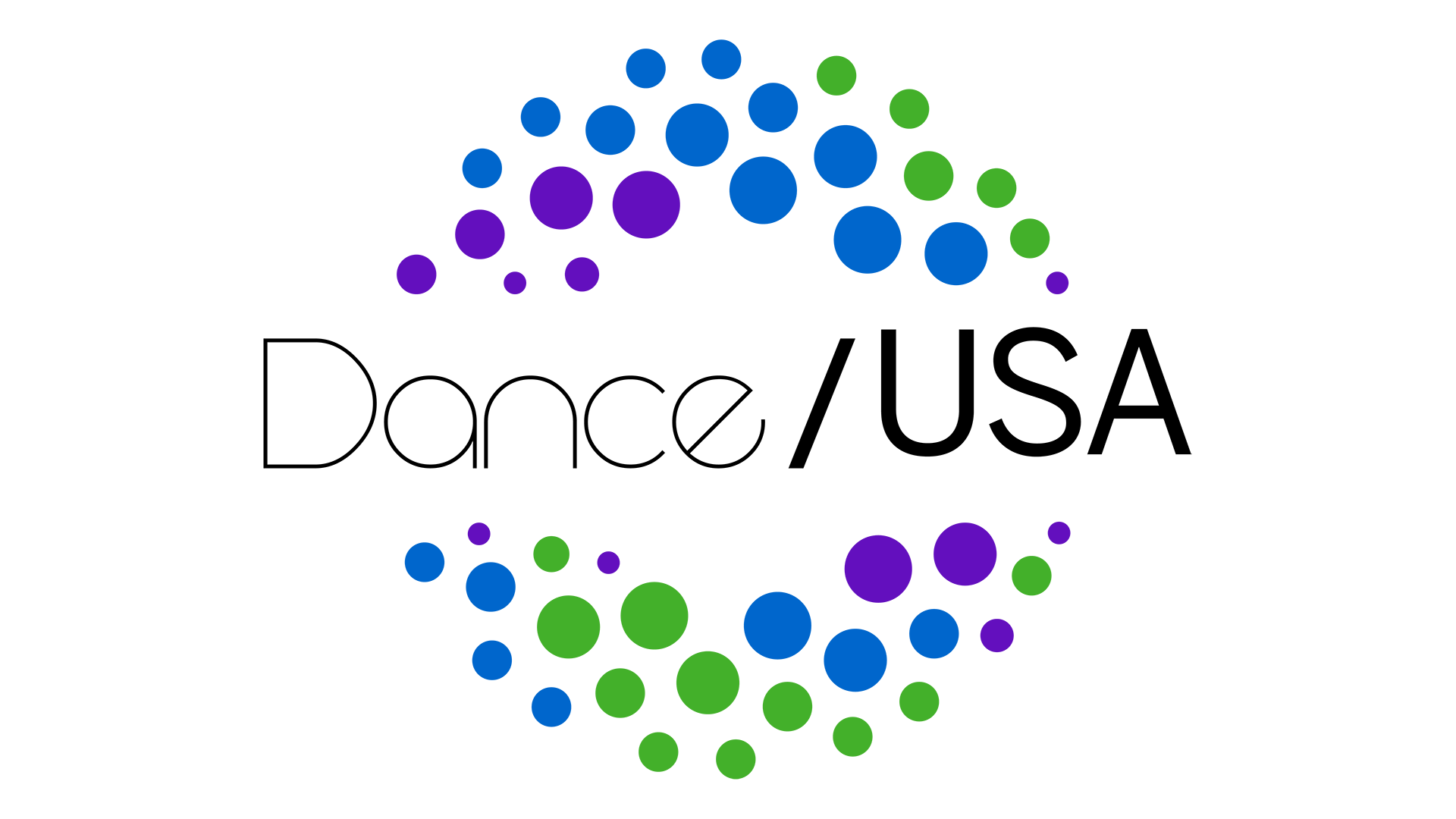Editor’s note: Read what Lucy Bowen McCauley says about being a mentor here.
Kate Hutter on the Mentor-Mentee Relationship
By Kate Hutter
Why did you seek a mentor at this point in your career?
I felt like I was beginning to rehash old thoughts and ideas within my own mind or circle of colleagues, and felt that this process was getting stale. I wanted to learn from someone who could challenge these ideas as well as bring a wealth of experience and knowledge to the discussion that I would not have access to normally.
What do you hope to gain from being able to discuss issues with someone in the field who has more experience?
Stories! I love that everyone’s experience is so different and their problem solving is always the greatest source of creativity. I am excited to hear what Lucy’s 15 years of successes, failures, challenges, epiphanies, and break-through moments have brought to her career as an artistic director and choreographer. These experiences cannot be taught in school and, ultimately, act as the ideal unscripted textbook for how to create a sustainable arts organization. She is a source of so much knowledge and I look forward to fostering new ideas for both our organizations with her.
What advice can you give to other emerging artists about benefitting from a fruitful mentor/mentee relationship?
I feel like the learning process is ongoing and our business practices are ever evolving. I feel like a mentor is a necessary anchor to help you weigh your options, analyze your interests, and keep concrete goals in sight as you continue to adapt and grow. It is clear there is no foolproof formula to operating a successful organization. Sure, there are ground rules, but it is not that unlike a creative process. And, I find that when you are an emerging leader, every piece of advice seems like the best thing to do, or the latest breakthrough in marketing and technology must be incorporated immediately. I feel that a mentor can also help you be less reactive and more strategic in planning how you need to move forward and not be coerced continuously by what seems best, but may not be best for you and your company’s mission.
Do you see a point in your future when you might be able to serve as a mentor?
I hope so! I love sharing my experiences and helping others deal with their specific challenges and questions. I want people to feel supported and confident. I also think that the more strong organizations and leaders we have, the better off the art form is as a whole. Whether or not I am successful and have a company for a million years, I hope to have some sound advice and inspiring stories to pass on to the next generation of leaders and artists.
Anything else you might like to address that is relevant to the mentor/mentee relationship?
I think it is important that any relationship is a two-way street. I am looking forward to sharing what I know with Lucy, and to not feel like my ideas are not relevant because I am newer to being an artistic director. Who knows what we will discover together! I think any relationship must be formed on an idea of mutual respect for each other and to feel that we would not be doing this if we didn’t have a common interest to learn something from each other. I’m hopeful that we’ll both walk away totally inspired by the process.
Kate Hutter is co-founder and artistic director of the L.A. Contemporary Dance Company as well as a dancer and founding member of the KDUB Dance Company. Kate is an alumnus of the Walnut Hill School and a graduate of the University of Southern California with a BFA in theatrical design. Kate also holds a MFA in dance/choreography from Purchase College, SUNY. She has won awards from the USC School of Theatre for Outstanding Choreography 2001-2004 as well as the Stanley Musgrove Award and the James and Nony Doolittle Award for her unique contributions in the theater. Kate’s work has also been nominated for two Lester Horton Awards for Best Small Ensemble. Kate continues to create new works for the L.A. Contemporary Dance Company, choreograph for theater productions and commercials, and teach at the Brockus Project Space in downtown L.A. while developing new ways of bringing dance to the public and educating students through LACDC’s outreach programming and performances. Learn more at www.ladanceco.org.
____
We accept submissions on topics relevant to the field: advocacy, artistic issues, arts policy, community building, development, employment, engagement, touring, and other topics that deal with the business of dance. We cannot publish criticism, single-company season announcements, and single-company or single artist profiles. Additionally, we welcome feedback on articles. If you have a topic that you would like to see addressed or feedback, please contact communications@danceusa.org.
Disclaimer: Opinions expressed in guest posts do not necessarily represent the viewpoints of Dance/USA.


